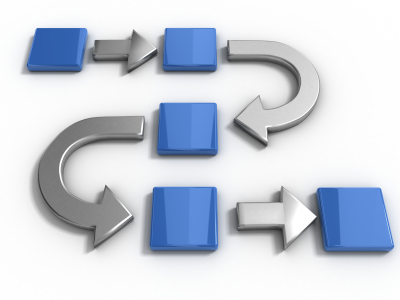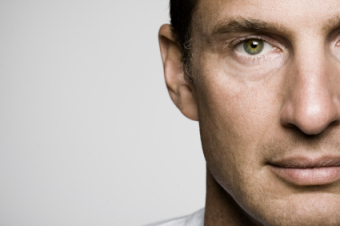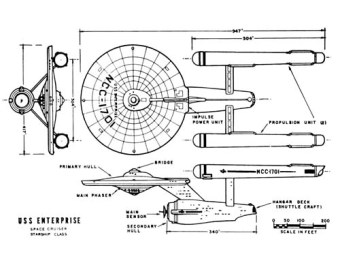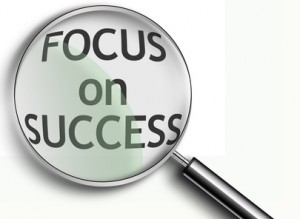Physician Networking
 By Michelle Mudge-Riley DO
By Michelle Mudge-Riley DO
NetWORK?
Do you avoid networking because it seems like work? In a negative way?
You know you should be networking to find a job or create a job – no matter what you are looking to do but especially if you are an entrepreneur.
Here’s the first question you should ask yourself - when networking, do you enjoy yourself?
If not, you should. That is one of the “secrets” of networking – it should be fun. If you are having a good time with it, chances are, you are making a good impression on the person you are talking with and showing him/her your best self.
But some people have a lot of fun talking nonstop about themselves. And if you talk only about yourself, you’ll soon find that isn’t the best way to network and definitely does not give off a good impression.
So the next question is, have you ever thought about networking as just helping someone?
Many of the doctors I work with tell me they are intimidated by networking. They see profiles of people on Linked In or see individual’s title on a website and assume these people would have no interest in talking with them. I’ve approached many doctors, chief medical officers, CEO’s, Vice Presidents, etc. and have had about an 80%-90% return rate via an e-mail or call. I encourage other doctors to approach anyone they want to talk with and suggest they will experience the same return rate of response.
Why do I have this confidence? I’m not any different than anyone else – I don’t have a fancy title or sales pitch to get people to call me back. Most of the doctors I work with have done many more impressive things than I have. I’m not any better or more fun to be around than anyone else (though I often wish I was that quick-witted person everyone always wants to talk to but I can’t tell a good joke to save my life). What I try to do is have fun and find a way to help someone when I approach him/her. I’ve found most successful people are willing to consider help from someone else and would also like the opportunity to help someone else.
A few years ago I read a book about this. At first I felt silly doing it and didn’t really know how I would be able to help someone who I wanted to help me. But it’s amazing how just by uttering that sentence (“what can I do to help you”), the other person sees you differently than someone who just wants something.
And the really important thing is, you also begin to see things differently. No longer are you in it for yourself. You really want to help this other person and in the process, you learn something about yourself and you build a relationship.
And that is the key with networking, in my mind. It isn’t just work to be done and then forgotten about. It’s about building relationships.
Never Eat Alone by Keith Ferrazzi is that fantastic book I just referred to. The book is all about networking through building relationships. There are a couple reasons why you should read this book. First of all, it’s a very easy read. Second of all, it makes sense. For example, being authentic and genuine when talking to people will help you feel like networking is fun, not work. The book also gives a ton of examples of how helping someone can help you build a relationship with that person.
It worked for me. I help physicians find ways to diversify their careers – be it in non-clinical careers or simply through enhancing their own revenue in some shape or form. I do this because I wasn’t happy in my clinical career and eventually I found my way – but not without a lot of missteps and confusion and need for sense of direction. Every doctor I help teaches me something I can use to help another doctor who works with me. I also work as a consultant to large employers in health promotion and wellness. About 18 months ago I met an actuary and offered to help him with some medical claims analysis. That lead to a $49,000 project with some neat outcomes for the employer – a 2:1 return on their investment and a significant decrease in the medical risks (specifically hypertension) for their employee population.
In my next blog, I’ll talk a little more about tips for approaching people and helping them and about building a relationship so you can find/get work and have fun– not just work – when you network.
About: Michelle Mudge-Riley DO successfully made the transition from clinical practice to non-direct clinical work and now works for a brokerage firm in Richmond, Virginia as Director of Wellness and Health Promotion. She has worked with over 50 doctors located in various locations throughout the United States.
 Email This Article tagged:
Email This Article tagged:  Networking,
Networking,  Non-Clinical Skills,
Non-Clinical Skills,  Nonclinical Career,
Nonclinical Career,  Social Networking |
Social Networking |  Jan 3, 12:00 PM
Jan 3, 12:00 PM 









